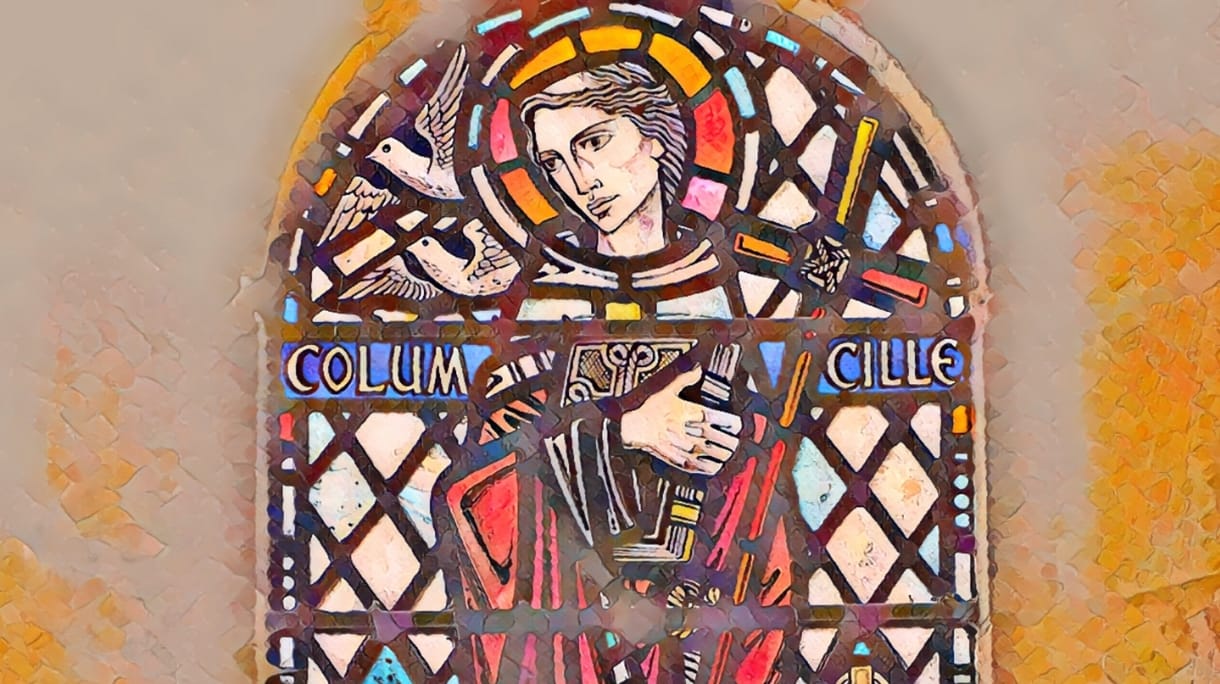As I continue my journey of Discernment with the Church of Scotland, I have been reflecting on the incredible opportunities I have had to engage with worship, pastoral care, and academic study. It has been a period of deep learning, personal growth, and spiritual reflection, and I am grateful for the support and guidance I have received along the way.
Worship and Leading Services
Since the beginning of my discernment, I have been fortunate to lead and participate in a variety of services at my placement church and beyond. From writing prayers inspired by scripture and contemporary theological reflections, to delivering sermons that explore everyday faith, I have found each opportunity both challenging and deeply rewarding. I vividly remember moments during prayers when I looked up to see the congregation with bowed heads. It brought a huge sense of responsibility and also gratitude for the trust placed in me.
I have valued exploring worship in different settings, whether standing at the pulpit, the communion table, or the lectern with a microphone, and contrasting this with quieter, reflective gatherings where projecting my voice without disruption required a different kind of attentiveness. These experiences have allowed me to develop practical skills in worship leadership and to reflect on how context shapes ministry. I have also appreciated feedback from the congregation, which has helped me refine my pace, content, and reliance on notes, while also recognising their encouragement.
A particularly memorable experience was leading a service with fellow Aberdeen University students at King’s College Chapel. Working collaboratively to write the Prayer of Intercession and experimenting with prompts such as printed images created a new and exciting way to engage participants in reflection and shared responses.
Pastoral Work and Community Engagement
My pastoral experiences have been equally transformative. I have supported children through holiday clubs and Messy Church activities, led discussions on mission during “Pious Pints” social events, and engaged in outreach initiatives connecting older and younger members of the congregation. Spending time with my own grandparents, listening to their stories, recording their experiences, and reflecting on lessons from their lives has shaped my understanding of intergenerational engagement. I have also cared for older family members living with dementia, which deepened my awareness of patience, empathy, and pastoral sensitivity.
In the wider church context, I have attended home communions, funerals, and social events, participated in Kirk Session meetings, and assisted with the church's social media, supporting communication with the congregation and the wider community. Conversations with children, youth, and congregation members have become increasingly important to me, helping me explore imaginative ways to link the wisdom of older members with the energy and creativity of younger people.
Intellectual and Academic Growth
Studying theology at Aberdeen University has been an enriching complement to my practical experiences. My modules in Sacramental Theology, History of Christian Mission, The Theology and Practice of Preaching, and Practice of Biblical Interpretation have challenged me to think critically, reflect theologically, and integrate learning with practical ministry. I have written essays, reflective journals, and sermons, all of which have strengthened my ability to connect study with lived faith.
Winning the Henry Prize in Divinity for an essay on the Council of Nicaea was particularly encouraging. Beyond academic achievement, this period of study has allowed me to slow down, find a better work-life balance, and engage mindfully with my vocation. This is the first time I have had the opportunity to focus on study since graduating and working continuously for the past twenty years.
Mentorship and Reflection
Mentorship has been a cornerstone of this journey. Fortnightly meetings with my Mentor and Presbytery Assessor have provided invaluable guidance. These sessions have given me space to explore practical and personal dimensions of faith, reflect on my sense of calling, and gain insight into the responsibilities and nuances of ministry. Observing ministers across different contexts, attending Presbytery meetings, and reflecting on worship and pastoral work has highlighted the interplay between practical skills, leadership, and personal spiritual growth.
Journaling has been central to my reflective practice. Recording thoughts on worship, pastoral encounters, or theological study has helped me integrate learning, consider my responses, and grow in confidence and clarity about my vocation.
Looking Forward
All these experiences, practical, pastoral, and academic, have helped me develop a holistic understanding of ministry. Engaging with older members of the congregation, facilitating intergenerational dialogue, leading worship, and reflecting on my own faith have reinforced my commitment to a vocation in ordained ministry. I feel profoundly grateful for the guidance, trust, and opportunities I have received, and I carry a huge hope of being accepted to pursue ordained ministry within the Church of Scotland.
This journey has been a reminder that ministry is both a calling and a learning process, one that requires listening, reflection, and creativity. Each encounter, conversation, and moment of worship adds depth and clarity to the path I am walking, and I am excited to see how this journey continues to unfold.








Comments